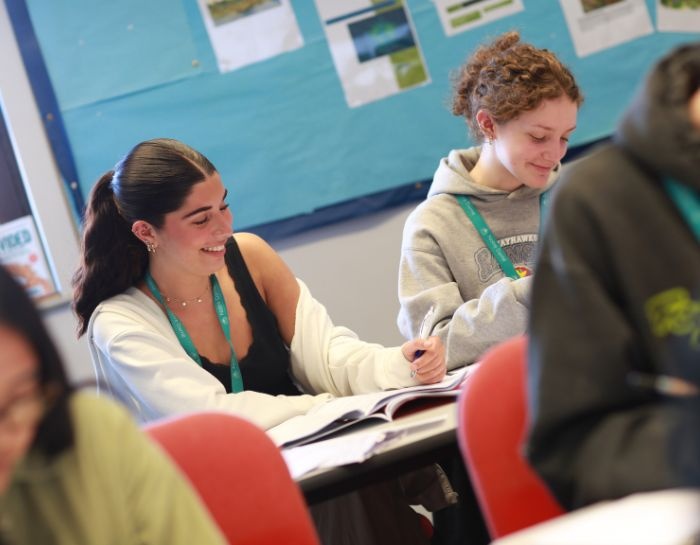
Did You Know?
The Atacama Desert in Chile is the driest place in the world, and some areas haven't seen rainfall in more than 500 years.
Key Information
Qualification
A-Level
Duration
Two Year Course
Examination Board
Edexcel
READING LIST
"Geography is a fun course full of interesting topics that you can relate outside the classroom. The teachers are really kind and always give you lots of support" - Harriet Kilner, St Aiden's Church of England High School
Key Employability Skills | ||
| Teamwork | Technological Use | Analytical Thinking |
Qualification
A-level
Assessment
Paper 1: Assessment of Dynamic Landscapes and Physical Systems and Sustainability (30%)
Paper 2: Assessment of Dynamic Landscapes and Human Systems and Geopolitics (30%)
Paper 3: Synoptic investigation of a contemporary geographical issue (20%)
Coursework: A-level Independent Investigation (20%)
What do I need to study this course?
You will need a grade 4 or above in GCSE Geography.
What will I study?
Many of the world’s current issues link to geography. Challenges include global warming, energy and water security, and geopolitics in an increasingly connected world. The skills developed on this course include problem solving, critical thinking, numeracy and literacy. An independent investigation is a course requirement.
Year 1 Physical
- Tectonic Hazards & Coastal Landscapes
- Human – Globalisation & Diverse places
Year 2 Physical
- Water and Energy Insecurity
- Human – Superpowers and Health and Human Rights
What next?
Geography uses a wide range of transferable skills and its students are highly employable. Geography can be studied at degree level, or combined with a wide variety of subjects such as Business. As a flexible subject, it is also recognised by the Russell Group universities, as one of the key ‘facilitating’ subjects.

 Website By Rejuvenate Digital
Website By Rejuvenate Digital